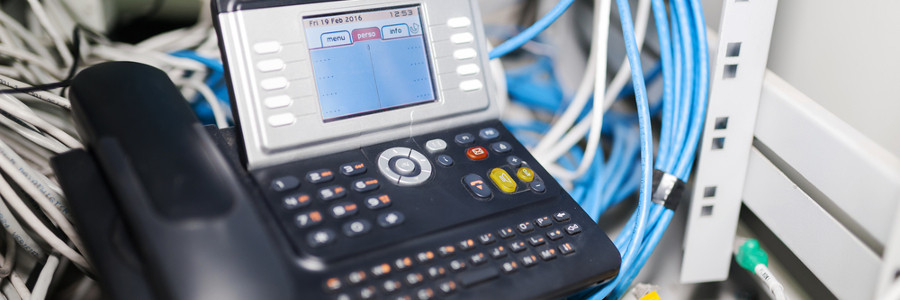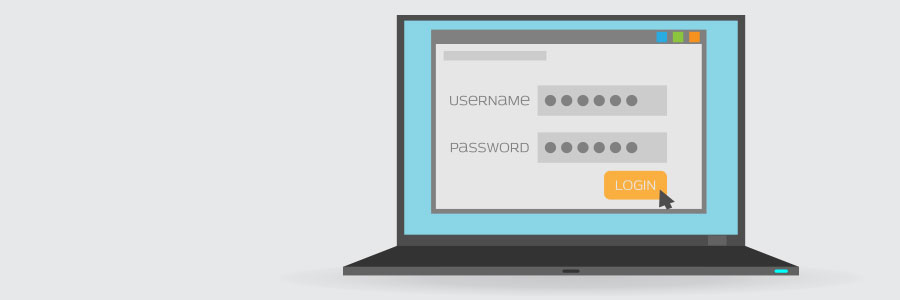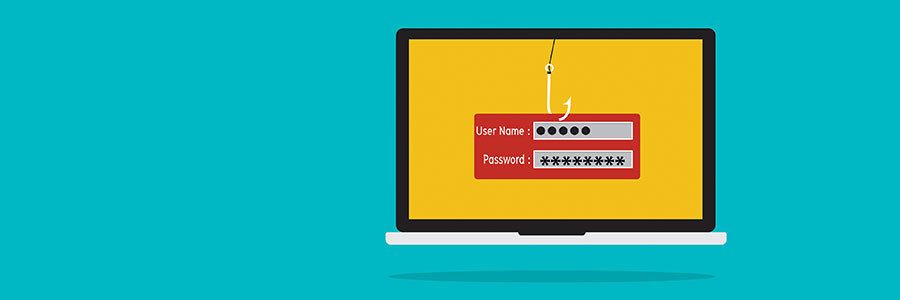As a more convenient and less expensive alternative to traditional phone services, Voice over Internet Protocol (VoIP) technology is now a business necessity. But as with any other piece of technology that can connect to the internet, VoIP can and will be exploited by cybercriminals.
5 Key security measures you need for VoIP
Why you should implement single sign-on for your business

Password creation and management can be a bothersome process, with different websites imposing different password parameters and the like. Multiply that by all the online services you use and it all starts to look overwhelming. Fortunately, a simple tool called single sign-on can make all of that much easier.
Ways to protect against VoIP threats

Every business today uses Voice over Internet Protocol (VoIP) technology to enhance team collaboration. But while the benefits of VoIP continue to ease the burdens of business communications, there are security risks associated with using it. Unsecure VoIP platforms may be harming your computer networks without you knowing it.
Why autocomplete passwords are risky
Use single sign-on for login efficiency
Are autocomplete passwords safe?
IT policies to protect your business

Employees are one of your biggest security holes. There is no foolproof prevention method for human error, which is why employee mistakes are one of the most common causes of a security breach. To reduce potential risks, we’ve suggested a few IT policies you should implement to protect your business.
Router malware worse than experts realize

In May, security experts discovered one of the most widespread malware infections in history. Now, they’re warning businesses and consumers that it’s even worse than their first assessment. The VPNFilter malware poses a threat to small businesses and requires immediate attention from anyone who hasn’t taken action against it.
Think before saving logins to your browser

There are a number of reasons you should be wary of saving your password to a digital platform. Just look at Yahoo’s data breach in 2013, which leaked passwords for three billion people. Even when your password isn’t compromised, saving it to a browser could have serious implications for your privacy.




